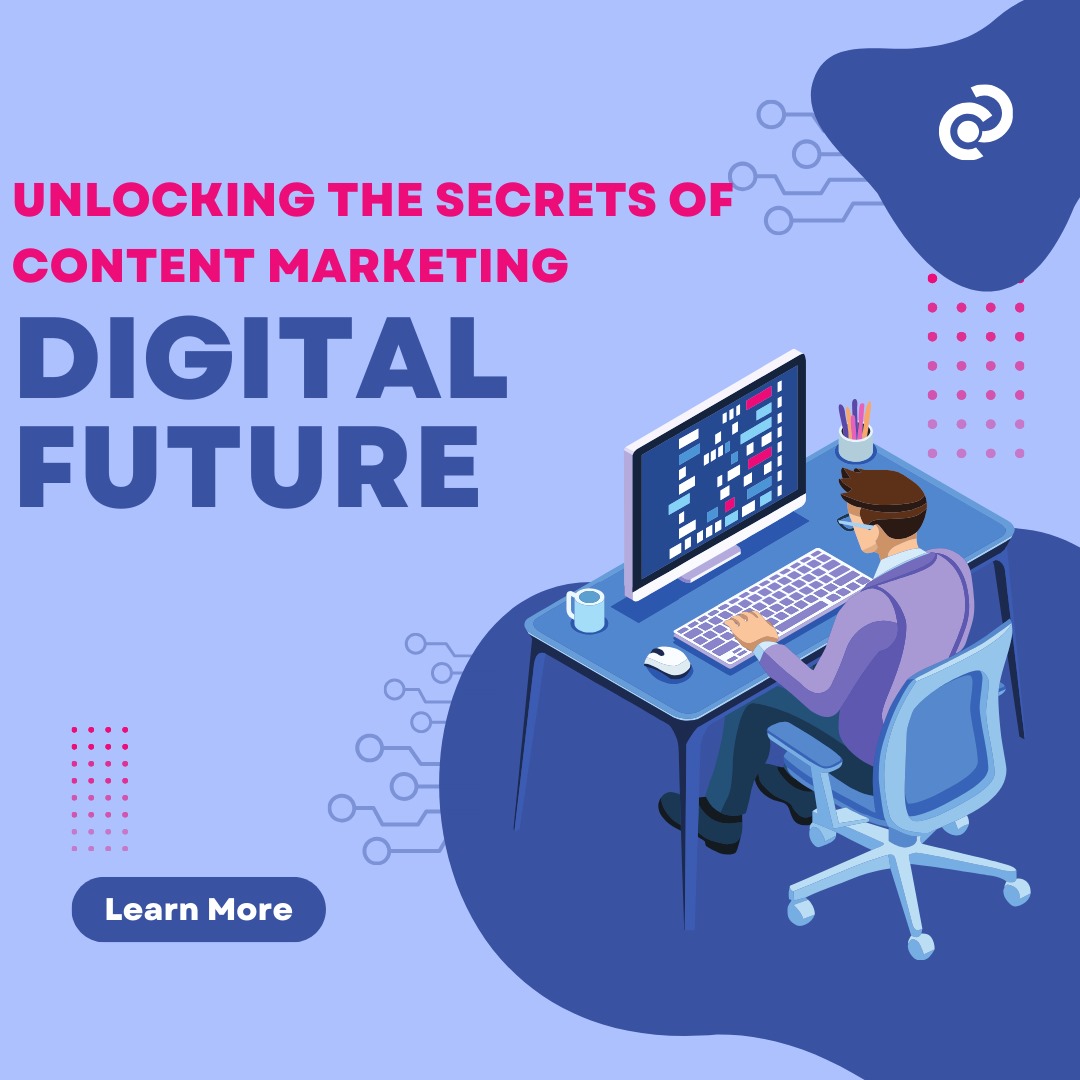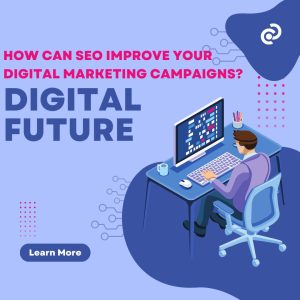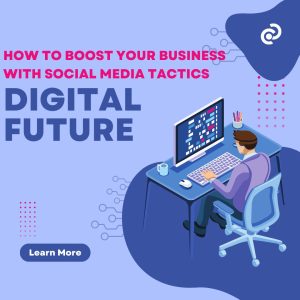In the digital age, content marketing has become a cornerstone of successful marketing strategies. With the proliferation of digital platforms, changing consumer behavior, and the overwhelming amount of information available, businesses must find innovative ways to connect with their audience. Content marketing, which involves creating and distributing valuable, relevant, and consistent content to attract and engage a target audience, has proven to be one of the most effective ways to build brand awareness, foster customer loyalty, and drive conversions.
This article explores the power of content marketing in the digital age, examining its key components, benefits, and strategies that businesses can use to thrive in a competitive digital landscape.
The Rise of Content Marketing
Content marketing as a concept isn’t new, but its importance has skyrocketed in recent years. With traditional forms of advertising like TV, radio, and print becoming less effective due to oversaturation, consumers now expect more than just promotional messages from brands. They want valuable information, entertainment, or experiences that address their needs and interests.
The digital age has changed the way people consume information. Consumers are now constantly connected via smartphones, social media, and websites, giving them easy access to a vast amount of content. To stand out, businesses must shift their focus from interruptive ads to providing meaningful, engaging, and useful content that resonates with their audience.
What is Content Marketing?
Content marketing is a strategic approach to creating and distributing content aimed at attracting and engaging a specific audience. It involves producing content in various forms, such as blog posts, videos, podcasts, social media posts, infographics, eBooks, and case studies, among others. Unlike traditional advertising, content marketing is designed to inform, entertain, or solve a problem for the audience, rather than overtly sell a product or service.
At its core, content marketing is about building relationships with potential customers. It helps brands establish trust and authority within their industry, nurture leads, and ultimately guide consumers through the buyer’s journey.
Key Components of Effective Content Marketing
Several factors contribute to the success of a content marketing strategy. These include:
1. High-Quality Content
Creating valuable, informative, and engaging content is the foundation of content marketing. High-quality content speaks directly to the needs and interests of the target audience. Whether it’s in the form of an educational blog post, an entertaining video, or a helpful how-to guide, the content must provide value. It should be well-researched, accurate, and actionable, offering real solutions to problems or answering questions.
2. Consistency
Consistency is crucial when it comes to content marketing. Businesses should maintain a steady flow of content that aligns with their brand’s voice, values, and goals. A content calendar can help businesses plan and schedule content ahead of time to ensure regular posting. Consistency fosters trust and keeps the audience engaged.
3. Audience Understanding
Successful content marketing hinges on understanding the target audience. Marketers must conduct thorough research to identify the pain points, interests, and behaviors of their audience. This knowledge helps tailor content that resonates with the right people. Tools like Google Analytics, social media insights, and surveys can provide valuable data on audience demographics and preferences.
4. Multi-Platform Strategy
In today’s digital world, people access content on various platforms, from social media to search engines, mobile apps, and websites. A well-rounded content marketing strategy leverages multiple channels to maximize reach. For example, a business may promote a blog post on Facebook, repurpose it into a video for YouTube, and share key insights through an infographic on Instagram.
The Benefits of Content Marketing
Content marketing offers numerous benefits for businesses in the digital age. Some of the most compelling advantages include:
1. Increased Brand Awareness
One of the primary benefits of content marketing is its ability to increase brand awareness. By consistently creating valuable content that resonates with the target audience, businesses can expand their reach and attract new potential customers. Content marketing allows businesses to become a trusted resource, positioning the brand as an authority within its industry.
For example, companies that produce informative blog posts, how-to videos, and in-depth guides can establish themselves as experts, driving more traffic to their websites and increasing brand visibility.
2. Enhanced Customer Engagement
Content marketing fosters ongoing engagement with customers by providing them with relevant and useful content over time. Engaged customers are more likely to become loyal, repeat buyers. Through content marketing, businesses can encourage interaction, whether through comments, social media shares, or email responses, building a stronger relationship with their audience.
Interactive content, such as polls, quizzes, and contests, can further enhance engagement by encouraging participation and feedback from the audience.
3. Improved SEO and Website Traffic
Content marketing is essential for improving search engine optimization (SEO) and driving organic traffic to a website. By producing high-quality, keyword-rich content that aligns with search intent, businesses can improve their chances of ranking higher in search engine results pages (SERPs). This, in turn, leads to more visibility, more website visitors, and more opportunities for conversion.
Regularly updated blog posts, product reviews, and informative articles can help businesses attract and retain traffic from search engines.
4. Lead Generation and Conversion
Content marketing is also an effective tool for generating leads and nurturing them through the sales funnel. By offering valuable content such as free guides, eBooks, or webinars in exchange for contact information, businesses can capture leads and begin the process of relationship-building.
Once leads are acquired, content marketing helps nurture them by providing relevant content at every stage of the buyer’s journey. For instance, after someone downloads an eBook, they might receive follow-up emails with case studies, testimonials, or special offers designed to guide them toward making a purchase.
5. Cost-Effective Marketing
Compared to traditional forms of advertising, content marketing is often more cost-effective. While creating high-quality content requires time and effort, it is typically less expensive than paid ads. Additionally, the long-term value of content—such as evergreen blog posts or videos—can continue to generate leads and traffic long after the content is published.
Businesses can achieve a higher return on investment (ROI) with content marketing by focusing on quality over quantity and promoting content through social media and email marketing.
Strategies for Effective Content Marketing
To harness the power of content marketing, businesses need to implement the right strategies. Here are some key tactics:
1. Create a Content Strategy
A clear content strategy is essential for guiding all marketing efforts. Businesses should define their goals, target audience, messaging, content formats, and distribution channels. A solid content strategy helps ensure consistency and alignment across all content.
2. Leverage Visual Content
Visual content, such as images, infographics, and videos, is highly engaging and more likely to be shared. Incorporating visuals into content can enhance understanding, increase engagement, and make the content more memorable.
3. Use Data and Analytics
Analyzing the performance of content is essential for refining marketing strategies. By tracking metrics such as website traffic, social media shares, conversion rates, and engagement levels, businesses can identify what’s working and what needs improvement.
4. Repurpose Content
Repurposing content is an efficient way to maximize the value of a single piece of content. A well-researched blog post can be transformed into a podcast episode, a video, an infographic, or a social media post. Repurposing content ensures that it reaches different audiences across multiple channels.
The Future of Content Marketing
As the digital landscape continues to evolve, so too will content marketing. Emerging technologies like artificial intelligence (AI), virtual reality (VR), and augmented reality (AR) are set to change the way businesses create and distribute content. AI can automate content personalization, while VR and AR offer new ways to engage audiences with immersive experiences. Video content, particularly live streaming, will continue to grow in importance, offering real-time interaction with consumers.
The future of content marketing will be increasingly data-driven, focusing on personalization, predictive analytics, and real-time engagement. As businesses invest in creating unique, high-quality experiences for their audiences, content marketing will remain a powerful tool for connecting with customers and achieving long-term success.
Conclusion
Content marketing has become a vital part of digital marketing strategies, offering businesses the opportunity to build relationships, educate audiences, and drive conversions. With the digital landscape continually changing, content marketing remains a cost-effective, powerful approach to attracting and retaining customers. By producing valuable, relevant, and engaging content, businesses can establish themselves as trusted authorities, improve their SEO, and foster lasting customer loyalty in the digital age. The power of content marketing lies in its ability to connect brands with their audience in a meaningful and impactful way, making it an indispensable tool for success.



